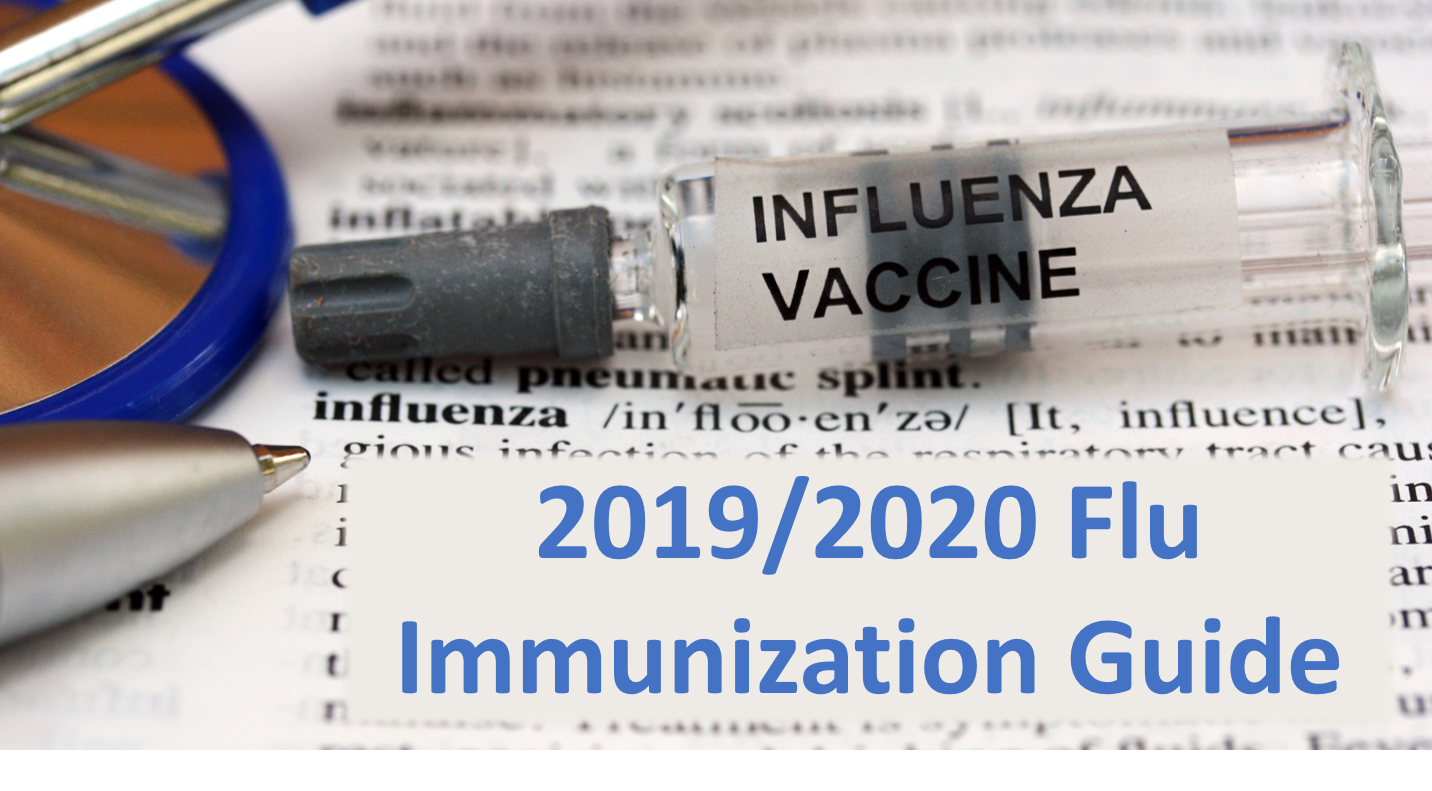Flu vaccine efficacy varies from year to year depending on the similarity of the flu viruses the vaccine is designed to prevent and the flu viruses in the community. However, recent studies show that have supported the conclusion that flu vaccination benefits public health. The CDC recommends that everyone age 6 months and older receive a flu vaccine yearly by the end of October. Benefits of vaccination include:
- Preventing contracting the flu. In seasons where the vaccine is well matched, it reduces the risk of having to visit the doctor with flu by 40 percent to 60 percent.
- Reducing the chance of flu-associated hospitalizations. Flu vaccines have reduced the number of adults hospitalized with flu by about 40 percent. A 2014 study showed the vaccine reduced the risk of flu-related pediatric intensive care unit admission by 74 percent.
- Reducing the severity of flu if contracted. A 2018 study showed that among adults hospitalized with flu vaccinated patients were 59 percent less likely to be admitted to the ICU.

Fluzone Quadrivalent Influenza Vaccine is an injectable immunization approved for patients 6 months and up. Fluzone is an inactivated vaccine protecting against four strains of the flu. In addition, Fluzone is approved for pregnant women.
Another option for flu is FluMist Quadrivalent, which is a nasal-spray flu vaccine approved for ages 2 through 49. FluMist is a live attenuated influenza vaccine and is not for use in pregnant women.
Older Adults
For some, the flu is a mild illness. For older adults, especially those with chronic health conditions such as diabetes or heart disease, the flu can be far more serious. Older adults are at high-risk to develop serious complications from the flu such as pneumonia. It’s estimated that between 70 and 90 percent of flu related dates occurred in people over 65, and between 50 and 70 percent of seasonal-flu related hospitalizations occur in that age group. Adults age 50 to 64 can choose from any available flu vaccine. For adults 65 and older, the CDC recommends one of two vaccines developed specifically for that age group: the high dose flu vaccine and the adjuvanted flu vaccine.
The high dose vaccine, Fluzone High Dose, delivers 4X the amount of antigen as the regular dose Fluzone vaccine. Compared to Fluzone, Fluzone High dose provides between 24%1 and 51%2 better protection from influenza.
The adjuvanted vaccine, Flublok Quadrivalent, is approved for persons ages 18 and older. Flublok has 3X the HA of a standard-dose quadrivalent inactivated influenza vaccine. Flublock also prevents more cases of flu in adults 50+ than a standard-dose quadrivalent vaccine. People over 65 should talk to their doctor about the pneumococcal vaccination, which can help prevent pneumococcal pneumonia, a serious flu-related complication.
AAP Recommendations
Earlier this month, the AAP released their updated recommendations for the use of influenza vaccines and antiviral medications in children. These include no preference for the inactivated or live attenuated vaccine, updated guidelines for children receiving their first flu vaccine, and information about a new antiviral medication. The recommendations can be viewed online.
_____________________________________
1 24.2% Primary endpoint: the occurrence of laboratory-confirmed, protocol-defined, influenza-like illness caused by viral strains regardless of their antigenic similarity to vaccine components.
2 51.1% Secondary endpoint: the occurrence of culture-confirmed influenza caused by viral types/subtypes antigenically similar to those contained in the respective annual vaccine formulations in association with a modified Centers for Disease Control and Prevention-defined influenza-like illness.
